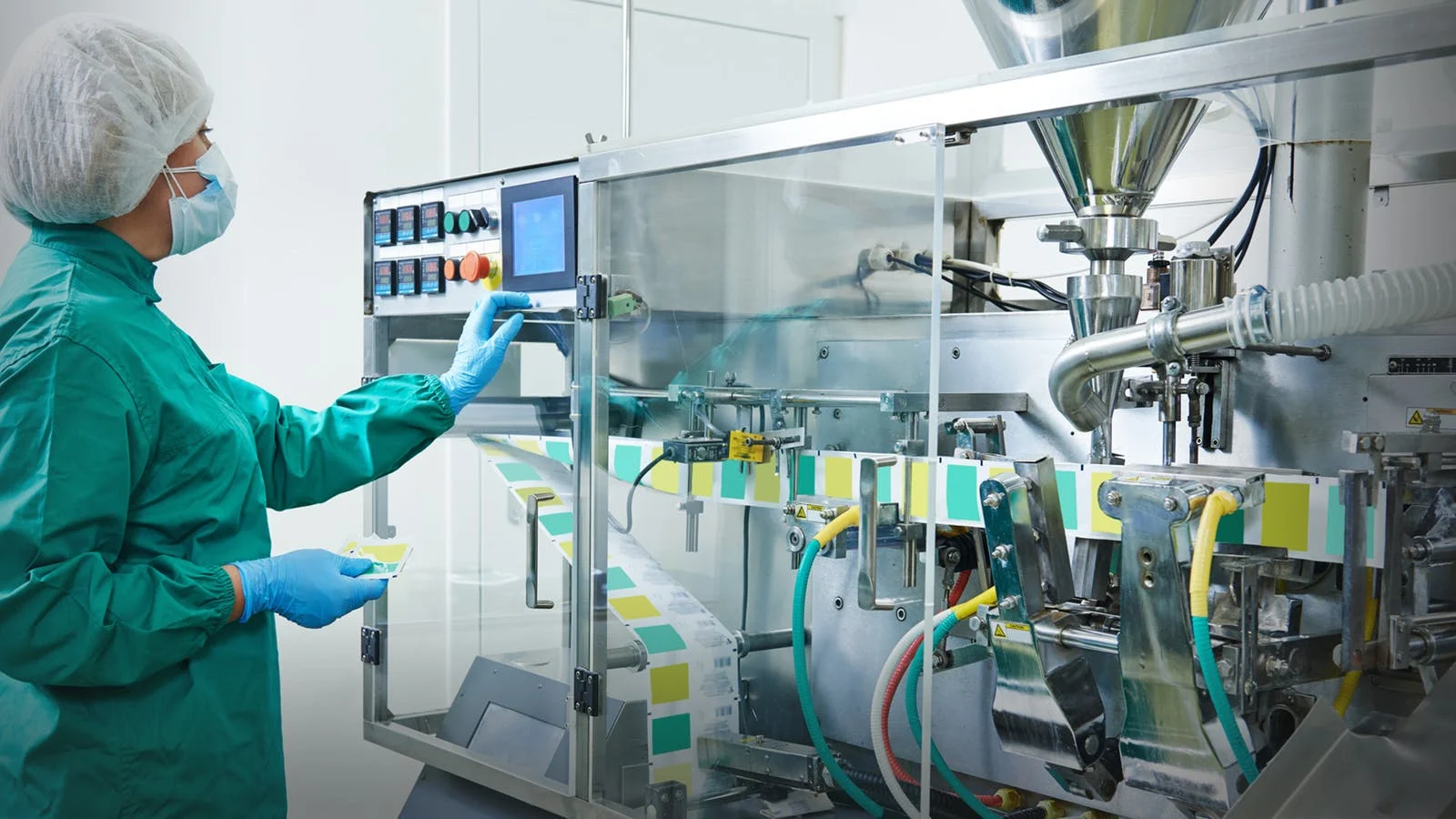Prospects of Bangladesh Pharmaceutical Industry: A Flourishing Sector with Global Potential
Prospects of Bangladesh Pharmaceutical Industry: A Flourishing Sector with Global Potential Dr. Sanjay Agrawal* Leading Pharmaceutical Consultant and Editor-in-Chief of IJM Today The pharmaceutical industry is vital in improving healthcare outcomes and driving economic growth. Bangladesh's pharmaceutical sector…
Read More



 by
by